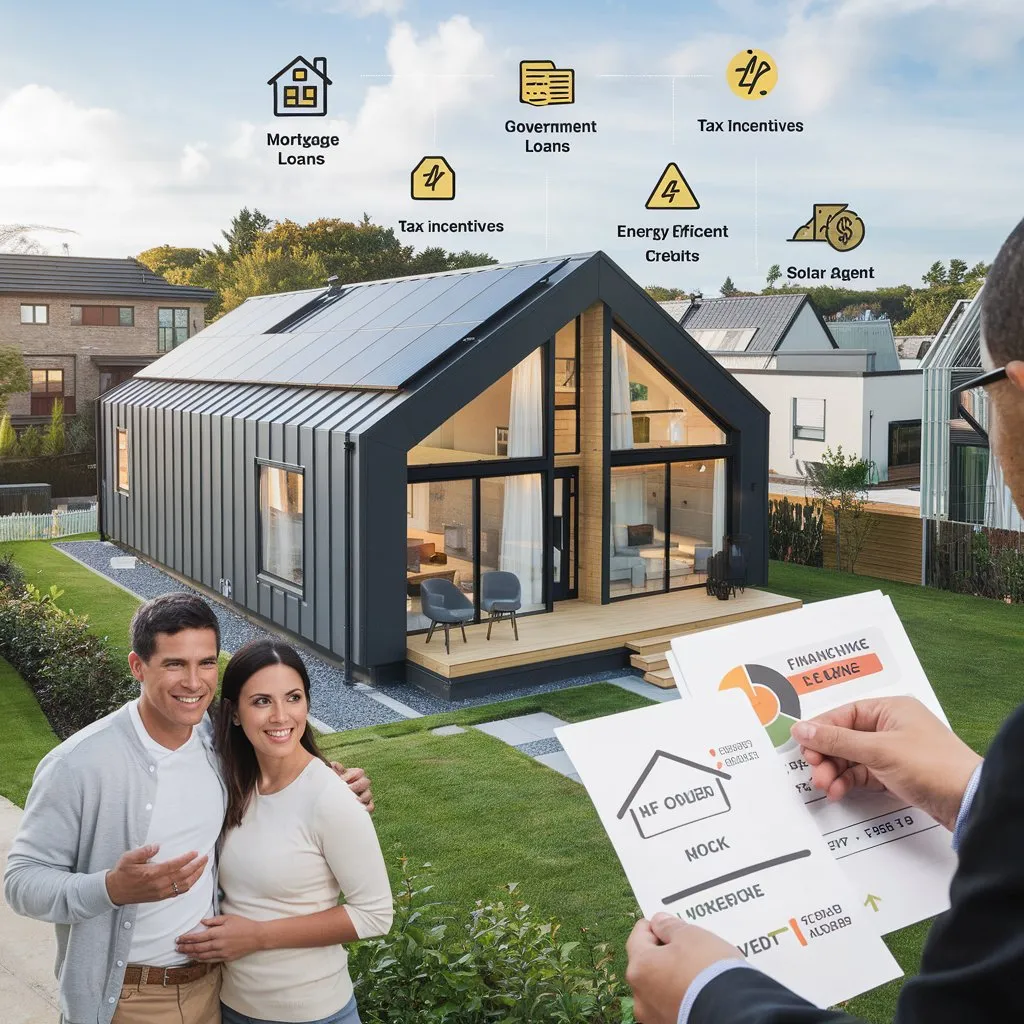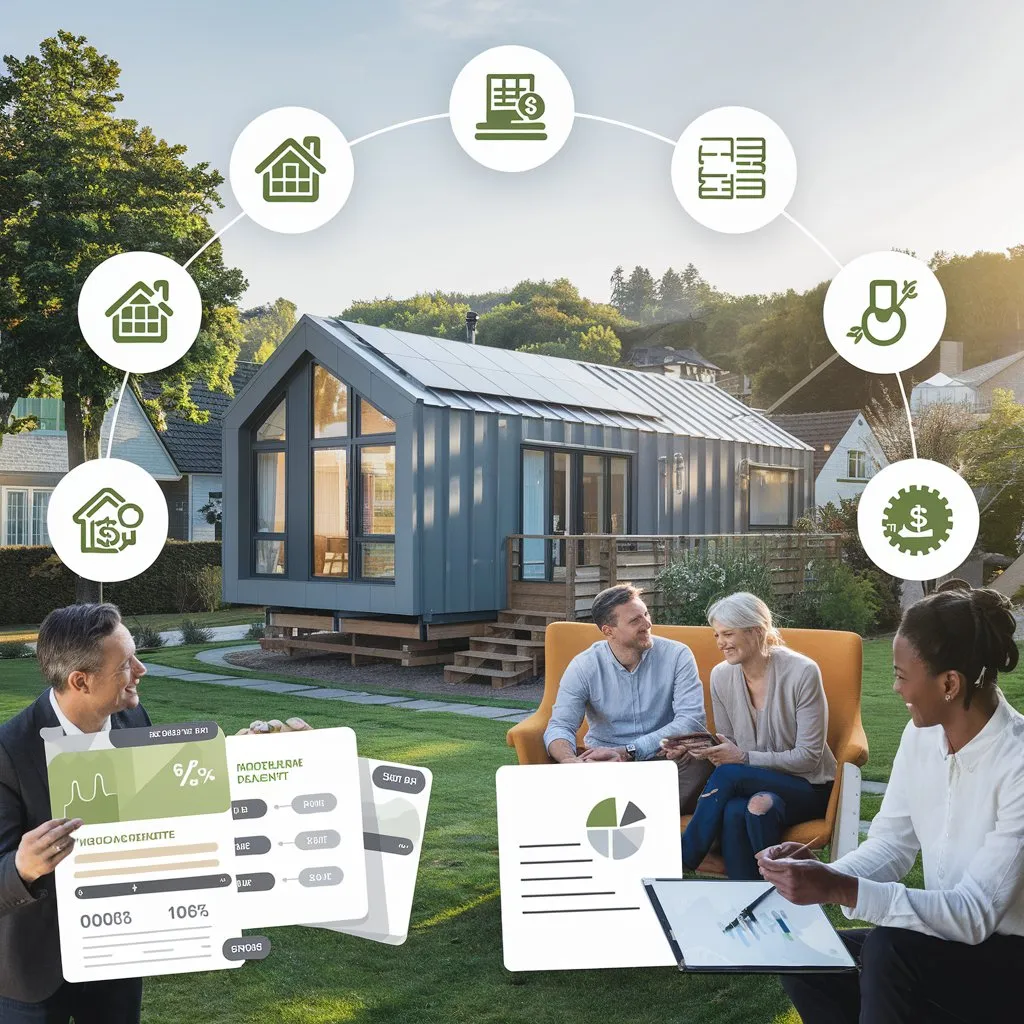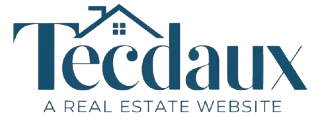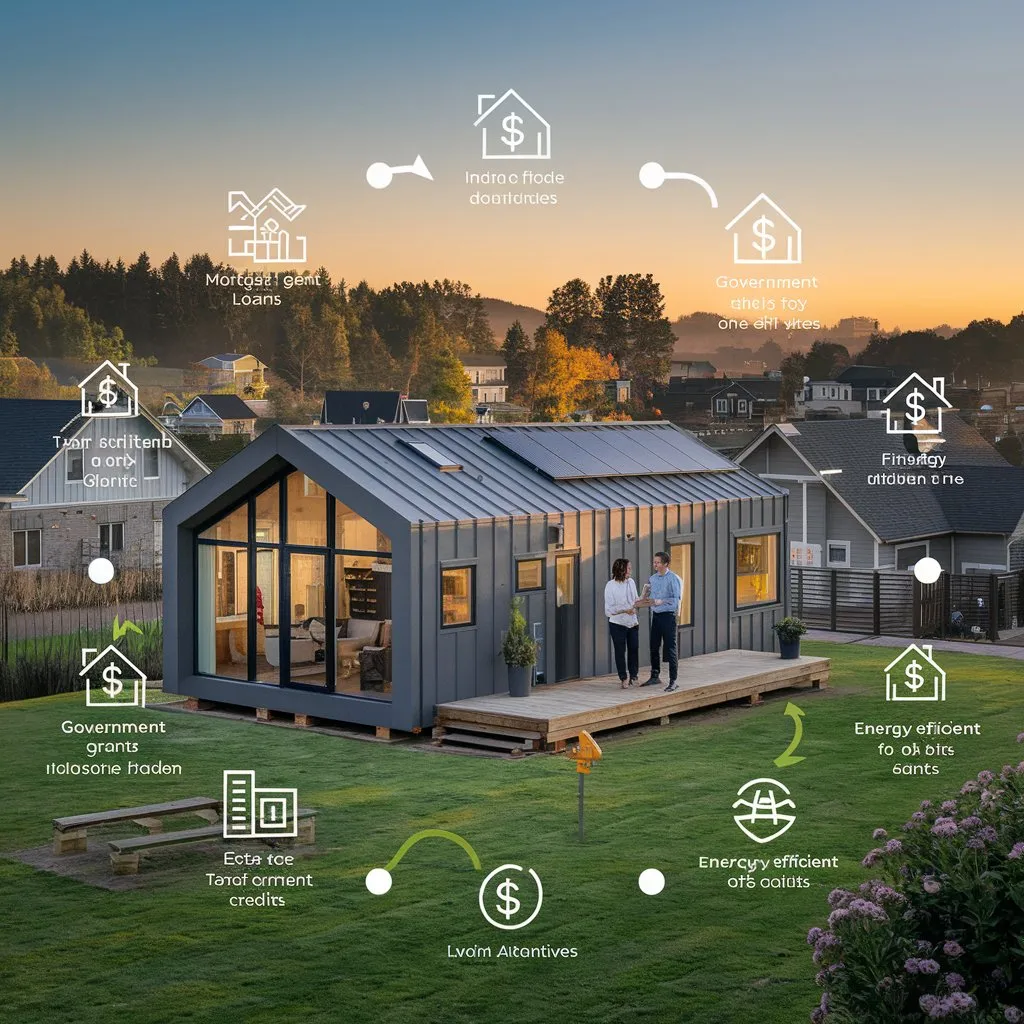Modular homes have become a popular choice for many due to their efficiency in construction, energy savings, and customizable designs. However, financing a modular home may present unique challenges compared to traditional homes. This article delves into the various financing options available for modular homes, including loans, grants, and government assistance, providing a comprehensive guide for potential buyers to make informed choices.

Traditional Financing Options
- Mortgage Loans
- Conventional Mortgages: Many financial institutions offer mortgage loans for modular homes, which function similarly to those for traditional homes. A good credit history, a stable income, and a down payment are typically required.
- Federal Housing Administration (FHA) Loans: In the U.S., FHA loans are popular due to their relatively lower down payments and flexible credit requirements, making them accessible for first-time buyers or those with moderate credit scores.
- Department of Veterans Affairs (VA) Loans: Available to veterans and active military members, VA loans often offer lower interest rates, no down payment, and no private mortgage insurance requirements.
- Rural Development Loans: For buyers in eligible rural areas, these loans provide favorable terms to facilitate home ownership in less populated regions.
- Home Equity Loans and HELOCs
- Home Equity Loans: For those who already own property, a home equity loan can be used as a secondary financing source. This type of loan allows homeowners to leverage the equity built in their existing property to finance a new modular home.
- Home Equity Line of Credit (HELOC): Similar to a credit card, a HELOC provides a line of credit based on the equity of an existing home. HELOCs can be advantageous due to their flexibility and lower interest rates.
- Personal Loans
- Unsecured Personal Loans: These loans don’t require collateral and can be used to finance part of the modular home’s cost. However, they generally come with higher interest rates, making them less favorable for long-term investments.
Alternative Financing Options
- Seller Financing
- Financing from Modular Home Manufacturers: Some manufacturers and dealers offer financing programs that cater specifically to modular homes, often providing flexible terms and payment options that align with the building schedule.
- Construction-to-Permanent Loans
- Combined Financing: Construction-to-permanent loans cover the construction phase and then convert into a traditional mortgage once the home is complete. These loans streamline the financing process for modular homes, allowing buyers to avoid multiple closing costs.
- Developer Financing
- Real Estate Developer Financing: If purchasing from a real estate developer specializing in modular homes, the developer may offer financing options tailored to buyers’ needs.
Government Grants and Support Programs
- Grants
- Housing Assistance Grants: Depending on location, some government grants are available for energy-efficient or affordable housing. These grants can sometimes apply to modular homes and are intended to make homeownership more accessible to low- to moderate-income families.
- Non-Profit Housing Assistance Programs: Various non-profits offer grants or low-interest loans for specific demographics, such as seniors or individuals with disabilities, helping cover modular home expenses.
- Tax Credits and Incentives
- Energy-Efficient Home Tax Credits: Buyers of energy-efficient modular homes may qualify for federal or state tax credits. These incentives help offset costs related to solar panels, insulation, or other green modifications.
- Green Building Incentives: Many states and cities offer tax reductions for homes that meet specific energy efficiency criteria, which can substantially benefit modular home buyers who invest in sustainable technology.
- Social Housing Programs
- Affordable Housing Initiatives: Many countries have programs offering low-interest loans or grants for affordable housing. Modular homes, due to their affordability and sustainability, often qualify for these programs.
- Income-Based Housing Assistance: Certain income brackets may qualify for housing assistance, which can include reduced-interest loans, grants, or rental subsidies for affordable modular housing.
Factors Impacting Financing Choices

- Type of Modular Home: Financing options can vary based on the home’s style, size, and construction specifics. Permanent modular homes are generally easier to finance through traditional means compared to temporary or mobile structures.
- Location: Government assistance programs and loan terms can differ based on regional and local laws, impacting the types of financing available.
- Credit Score and Financial History: An individual’s creditworthiness influences loan approval, interest rates, and eligibility for government programs.
- Income Stability: Financial institutions require evidence of stable income, as well as sufficient assets for loan approval.
- Down Payment Requirement: Many loan types require a down payment, usually around 5% to 20%, depending on the financing option and the buyer’s financial profile.
Tips for Choosing the Right Financing Option
- Research Lenders: Different lenders have varying requirements and loan products specifically for modular homes. Research multiple lenders to compare interest rates, down payment requirements, and other terms.
- Budget Planning: Create a detailed budget to understand the total costs involved, including down payment, monthly payments, and maintenance. Modular homes may come with additional land preparation or foundation costs, so it’s essential to factor these into the financial plan.
- Seek Financial Guidance: Consulting with a financial advisor or mortgage specialist can provide insights into the best financing options, especially for those with unique circumstances, such as self-employment or fluctuating income.
- Examine Terms Carefully: Review all loan terms and conditions, including interest rates, repayment schedules, and potential fees, to avoid unexpected expenses.
Conclusion
With modular homes gaining popularity as an affordable and customizable housing solution, understanding financing options is crucial for prospective buyers. From traditional mortgages to alternative financing and government-backed grants, the choice of financing can significantly affect the affordability and feasibility of owning a modular home. By carefully evaluating financial options, planning a realistic budget, and seeking expert advice, buyers can make informed decisions to successfully finance and enjoy the benefits of modular homeownership.

